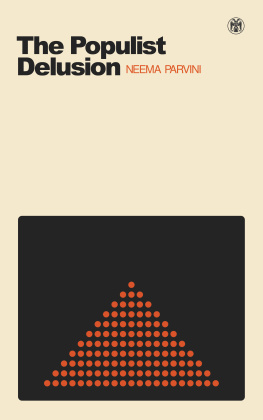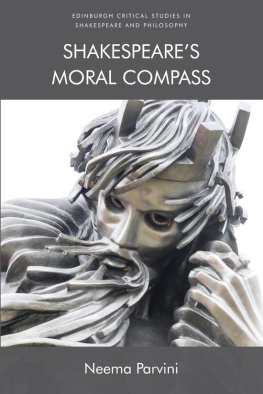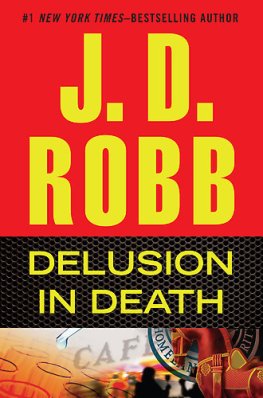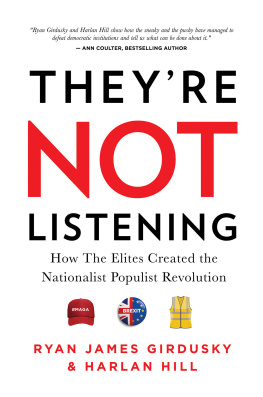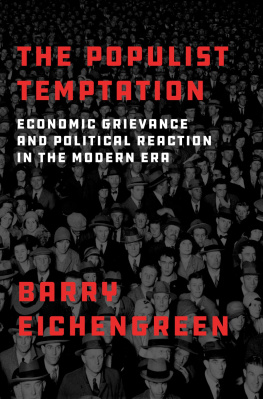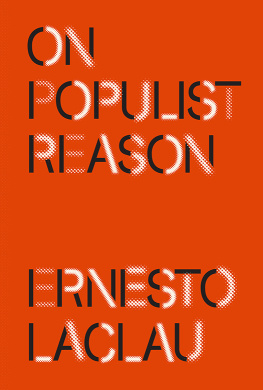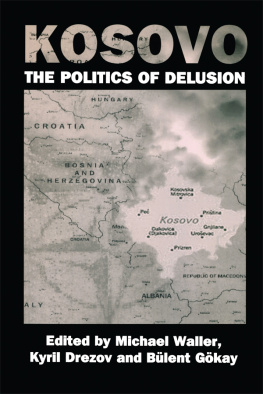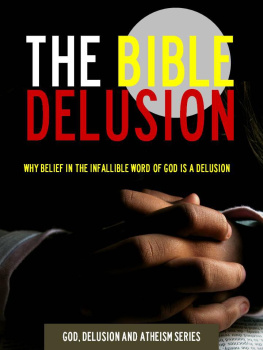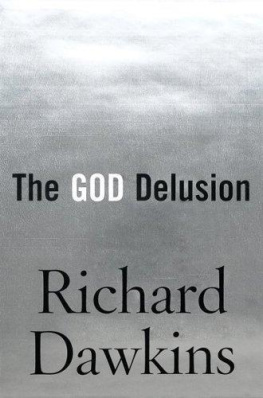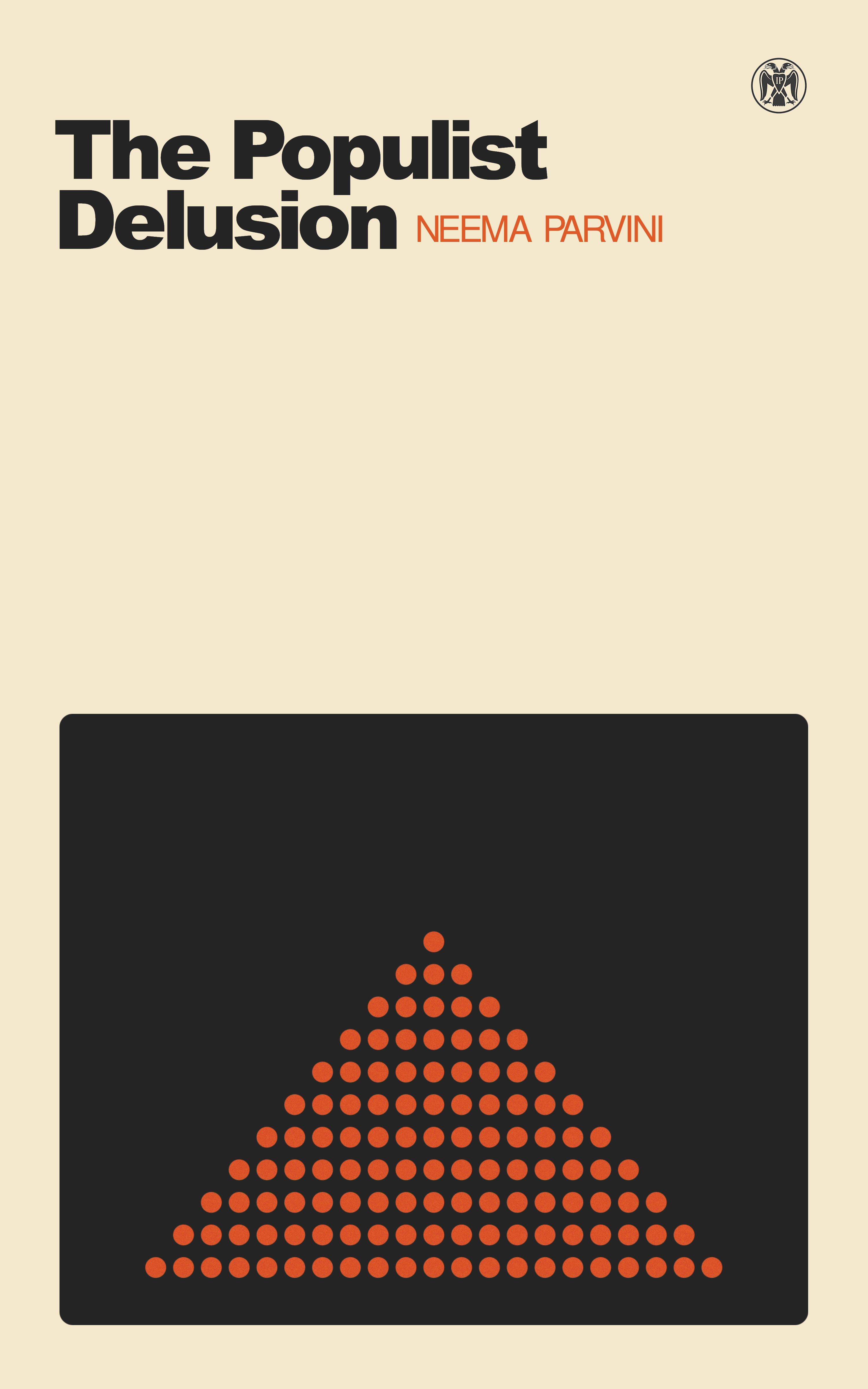
Imperium Press was founded in 2018 to supply students and laymen with works in the history of rightist thought. If these works are available at all in modern editions, they are rarely ever available in editions that place them where they belong: outside the liberal weltanschauung. Imperium Press mission is to provide right thinkers with authoritative editions of the works that make up their own canon. These editions include introductions and commentary which place these canonical works squarely within the context of tradition, reaction, and counter-Enlightenment thoughtthe only context in which they can be properly understood.
Contents
The Iron Law of Oligarchy and Organisational
Structure
Sovereignty,
Friends and Enemies
The High-Low Middle
Mechanism
Chapter I
Introduction
This is a book about the realities of power and how it functions, stripped of all ideological baggage. It has at its core a thesis, which absolutely contradicts the democratic or populist delusion, that the people are or ever could be sovereign. An organised minority always rules over the majority. Perhaps as a testament to that fact, a recent empirical study showed that public opinion has a near-zero impact on law-making in the USA across 1,779 policy issues. In fact, my thesis goes further than that to suggest that all social change at all times and in all places has been top-down and driven by elites rather than the people. Those movements which have the appearance of being organic and bottom-up protestsfor example, the 1960s Civil Rights movement in the USA or the Russian Revolutions of 1917were, in fact, tightly organised and funded by elites. Those attempts to drive change from the bottom-up, which is to say, in the absence of elite organisationwe might think of the events of 6 th January 2020 in Washington DC or the recent Yellow Vest movement in Francewill amount to little more than an inchoate rabble. This principle holds true regardless of the size of the political unit, be that a small company of twenty people, a large organization of thousands of people, a nation of millions, or even the entire world. It holds true not only in terms of hard political powerthe ability to capture and hold officebut also in two other crucial respects. First, there is the question of logistical powersimply the ability to execute ordersfor it is possible to capture office without achieving the ability to execute, as Donald Trump showed. Second, there is the question of the soft power of discourse, of information flow, and of opinion formation.
In addition to democratic delusions, there are also four liberal delusions that will be subject to significant attack by the thinkers who we will be considering. Let us call these the Four Myths of Liberalism:
- Myth of the stateless society : that state and society were or could ever be separate.
- Myth of the neutral state : that state and politics were or could ever be separate.
- Myth of the free market : that state and economy were or could ever be separate.
- Myth of the separation of powers : that competing power centres can realistically endure without converging.
In the cold light of reality, these four myths turn out to be little more than wishful thinking.
Before continuing, it is worth emphasising what top-down or elite-driven change means. These phrases may suggest shadowy organisations that puppeteer unseen from the side lines, but that is not the sense in which they should be understood. Rather, the defining feature of top-down, as opposed to bottom-up, change is the fact of tight minority organization as against the disorganized masses. Elite in this sense could be the elites in currently power or a set of counter-elites who seek to supplant them. In the former case, we could cite examples such as the Civil Rights movement of the 1960s, various LGBT movements, Black Lives Matter or Greta Thunberg and Extinction Rebellion. In these cases, the current power structure uses its considerable influence and resources whether through legal means using the formal structure of the state and its apparatuses (education, state-backed media, etc) or through non-government organizations (NGOs) and corporate lobby groups to manufacture consent and give the appearance of popular support for elite projects. Aside from this iron discipline in organization, Lenin and Hitler also had in common an utter contempt for democracy, which was seen as a time-wasting impediment to effective decision-making, and a total disdain for the polite and respectable bourgeois society of the status quo they each sought to supplant. The important point for this study, however, is that neither the rise of the Bolsheviks nor the rise of the Nazis was a popular uprising but rather the result of the determined organized efforts of counter-elites. Likewise, the movements of Civil Rights, LGBT rights, Black Lives Matter and Extinction Rebellion were not popular uprisings either, but the result of the determined organized efforts of the elites currently in power or, if you prefer, the ruling class.
This book will start by introducing the core tenets of the elite theorists, Gaetano Mosca (Chapter 2), Vilfredo Pareto (Chapter 3) and Robert Michels (Chapter 4). These thinkers give us the indispensable tools and vocabulary with which to analyse politics and power. It will then add crucial insights from two other important political theorists, Carl Schmitt (Chapter 5) and Bertrand de Jouvenel (Chapter 6), to think more about how power and law function in practice and about how political changethe circulation of elitescan come about. Three chapters will follow on the managerial classthe vital second stratum of the elites or ruling class identified by the elite theoriesand the special treatment given to this topic by James Burnham (Chapter 7), Samuel T. Francis (Chapter 8) and Paul Gottfried (Chapter 9). Chapter 10 forms a brief conclusion applying some of these lessons to the current political moment.
It is worth mentioning here that this book is interested primarily in the fundamental concepts rooted in these works and not, for example, the lives and contexts of the authors or how their work has been received by scholars over the decades. I will do my best to draw on the vast body of secondary literature, but purely for the purposes of better illustrating the core ideas rather than critiquing them except where necessary. There are two key reasons for this, one practical and the other pedagogical. The former is simply because of space, one could easily write a whole book on each of the chapter topics. The latter, however, is to avoid confusion. Many of the thinkers we are discussing were severely critical of, or even outright hostile to, both socialism and liberal democracy, while many of the scholars who have worked on them have been either socialists or defenders of liberal democracy. Thus, their purposes for taking on these thinkers were usually in the service of defending their ideology, whether by re-interpreting or trying to co-opt the thinker for it or trying to find ways to disprove the thinker to save it. This is not to say that any of the scholars in question were dishonest, or that their work was bad, or even that their arguments were incorrect, but rather to recognise that they were working in conditions in which they felt the need to pay lip service to the official doctrinesthe political formulasof the status quo. I feel no such obligation. Besides, as John Higley has pointed out, the march of history continues utterly in defiance of democrats and social radicals:

